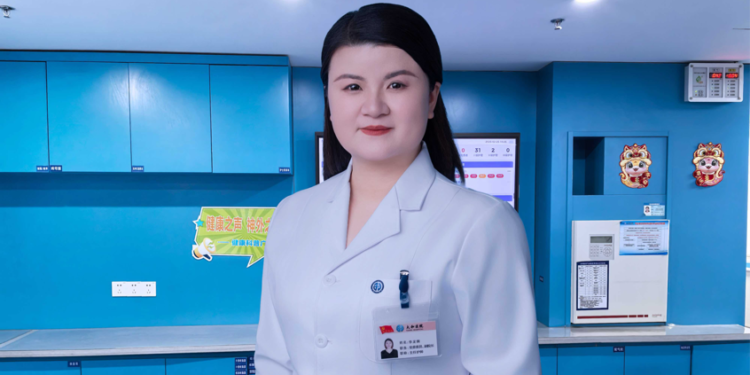China Daily, March 8 (Reporter Liu Kun) On March 8, Li Longti, a member of the Party Committee of Shiyan Taihe Hospital, and vice president, put forward a suggestion, calling on relevant national departments to increase support for public hospitals’ “artificial intelligence + medical care” and help public hospitals use artificial intelligence to optimize and upgrade medical services to meet the people’s growing health needs.
In the current medical field, with the intensification of population aging and the uneven distribution of medical and health resources emerging, traditional medical models are facing huge challenges, and artificial intelligence, as an emerging technology, is gradually showing the potential to reshape the medical and health pattern. It has shown great advantages in disease screening, auxiliary diagnosis, etc., and provides new ways to improve the efficiency of medical services.
However, representative Li Longti pointed out that public hospitals still face many difficulties in promoting “artificial intelligence + medical care”. On the one hand, the relevant technical standards and specification systems have not yet been improved, which has increased the difficulty of promoting them in actual applications; on the other hand, public hospitals are also relatively weak in technology research and development and talent reserves, making it difficult to fully play the role of artificial intelligence.
In this regard, Li Longti suggested that the National Health Commission, the Ministry of Science and Technology and other relevant departments should introduce special policies to encourage public hospitals to carry out the “artificial intelligence + medical” pilot project. For example, establish special funds to provide financial rewards to public hospitals that actively apply artificial intelligence technology and have achieved remarkable results, and promote the implementation of artificial intelligence technology in the medical field.
Li Longti also emphasized that it is necessary to strengthen the training of relevant talents in public hospitals. Universities and research institutions are encouraged to offer relevant professional courses to provide professional talents to public hospitals. At the same time, through training and further training, the existing medical staff’s ability to apply artificial intelligence technology is improved.
Through these measures, Li Longti hopes to promote the development of “artificial intelligence + medical care” in public hospitals, improve the quality of medical services, provide the people with better and more efficient medical services, and help build a healthy China.
[Editor in charge: Ma Rui]








